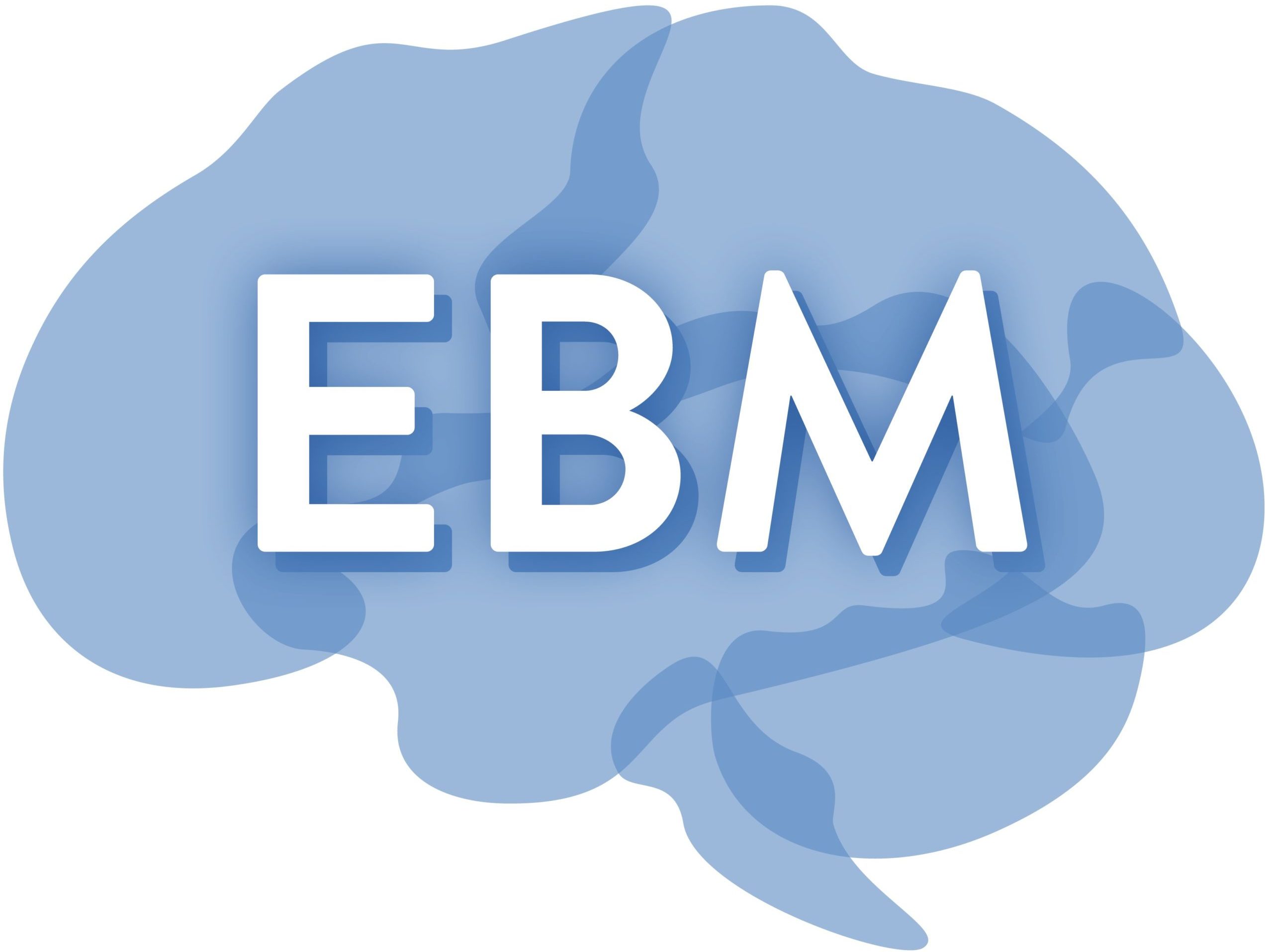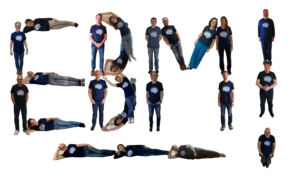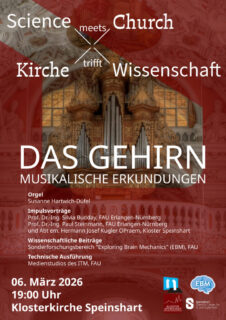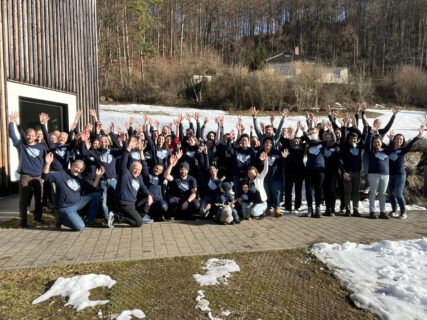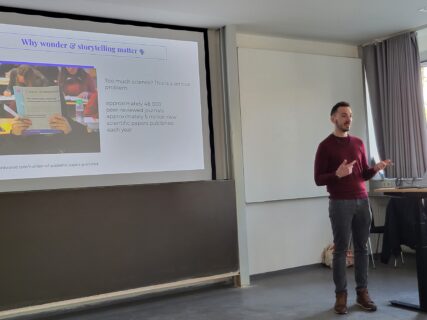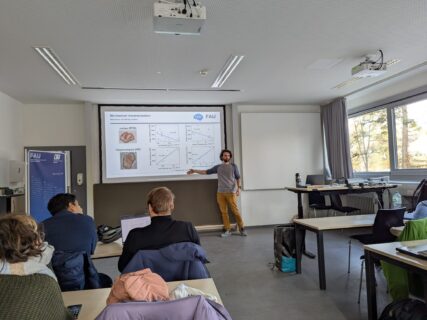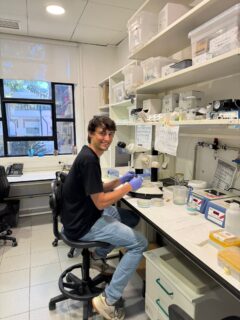Exploring Brain Mechanics
The central nervous system (CNS) is our most complex organ system. Despite tremendous progress in our understanding of the biochemical, electrical, and genetic regulation of CNS functioning and malfunctioning, many fundamental processes and diseases are still not fully understood. Only recently, groups of several PLs in this consortium, and a few other groups worldwide, have discovered an important contribution of mechanical signals to regulating CNS cell function. The CRC 1540 ‘Exploring Brain Mechanics’ will synergize the expertise of engineers, physicists, biologists, medical researchers, and clinicians in Erlangen and Berlin to exploit mechanics-based approaches to advance our understanding of CNS function and, as a long-term vision, to provide the foundation for future improvement of diagnosis and treatment of neurological disorders.
„This exciting, multidisciplinary Collaborative Research Center on brain mechanics was launched at the right time to better understand the relationship between molecules, cells and tissue with brain function and disease. I am pleased to be able to contribute to the development of brain mechanics as a Mercator Fellow in the Collaborative Research Center CRC 1540 EBM.“
Gerhard A. Holzapfel (Mercator Fellow)
„This CRC 1540 Exploring Brain Mechanics addresses a significant and very timely challenge, the diagnosis and treatment of neurological disorders, by bringing together world leading engineers, physicists, biologists, medical researchers, and clinicians. I am thrilled to be part of this team and explore the role of mechanical forces in the central nervous system as a Mercator Fellow.“
Ellen Kuhl (Mercator Fellow)
